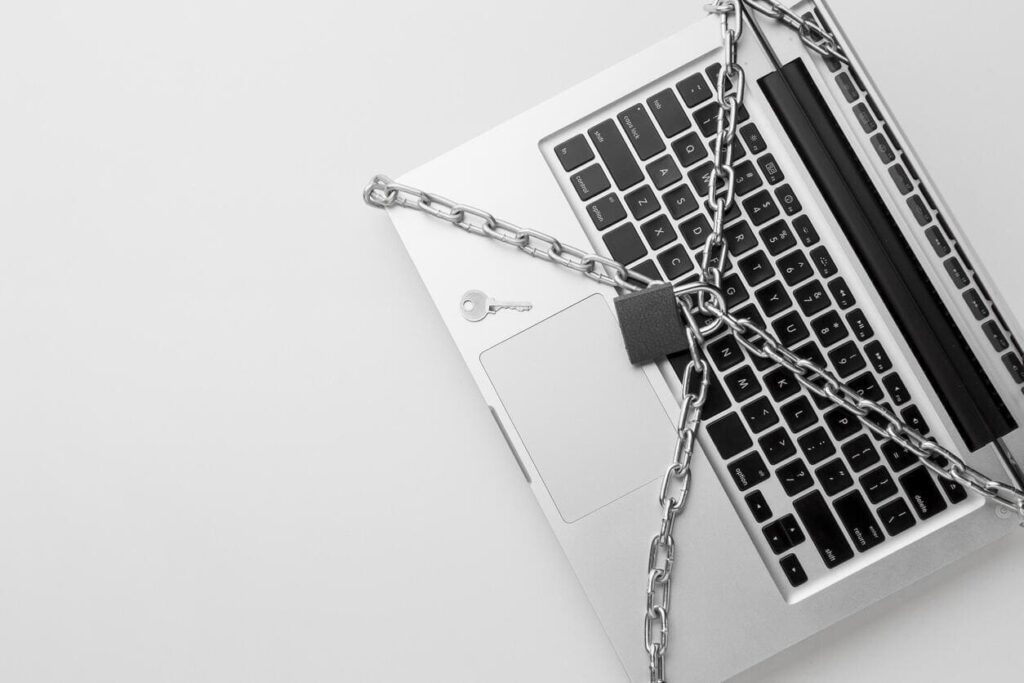Data protection
OneDoc’s and the nFADP: All the questions you may have about its impact on the healthcare sector
Published on 01/02/2024

The New Federal Act on Data Protection (nFADP) came into effect at the end of 2023 in Switzerland. At OneDoc, we were ready so that you could continue to use our services and benefit from optimum security. In this article, we explain what’s changing for you as a healthcare professional, and answer any questions you may have.
What changes does the New Federal Act on Data Protection (nFADP) bring?
The New Federal Act on Data Protection (nFADP) brings many changes, particularly for healthcare professionals. The main change? Transparency! When private and health-related data is collected, this must be clearly stipulated. If you offer services that collect data, users must always have control over this data. This means they must be able to consent to or refuse it’s use.
Here is a summary of the main changes:
- From now on, any person, be it the CEO or an employee, can be held liable for violations of the nFADP.
Violations can be costly: maximum fines have been increased from CHF 10,000 to CHF 250,000.
To help you prepare, we suggest you take the following steps:
- We strongly recommend that you check the security of your data. Make sure that your software is up-to-date and that your data stored with potential service providers complies with Swiss law.
- It’s important that all employees know how to handle data confidentiality issues.
- In addition, there should be a contingency plan in place if data is compromised.
- Computer security must be a top priority. So make sure you use secure software and strong passwords.
- The new law emphasizes transparency. This means that you must clearly inform people when you collect their data. They then have the right to accept or refuse.
Due to these changes, it may be necessary to adjust the data protection information on your website or in your correspondence with your customers.
FAQ: Does OneDoc comply with the nFADP?
Does OneDoc comply with the nFADP?
Yes, OneDoc has already implemented the law.
Does OneDoc have to draw up a new contract because of the changes to the nFADP?
No, a new contract is not necessary. The contract already complies with the nFADP.
Do OneDoc's subcontractors comply with the nFADP?
Yes, all our subcontractors comply with the nFADP.
How data is secured at OneDoc
At OneDoc, all data and transmissions are secure. Our system is fully nFADP compliant, thanks to end-to-end encryption and the use of Swiss solutions.
What data does OneDoc collect?
In accordance with the nFADP, we have listed the data that is collected and how it is processed in OneDoc’s privacy center.
Does OneDoc need to draw up a new data processing agreement?
If you have specific questions or would like to learn more about how OneDoc handles data, we invite you to visit our privacy center (DE/FR/IT) to learn more!
Why is the nFADP relevant to the healthcare sector?
In the healthcare sector, we deal with highly sensitive information on a daily basis. This makes it all the more important to protect this data appropriately and with the necessary means. OneDoc has always strived to provide the best possible security and protection. That’s why we go even further and are also DPCO and ISO 27001 certified.
OneDoc has set itself the goal of providing a seamless user experience for all users of our services.
Going digital and secure for the future
The digitalization of the healthcare sector is in full swing, and it’s vital to ensure that patient data is protected securely. That’s why our development team is constantly monitoring the latest advances in security. Being ahead of the game while guaranteeing security is a motto that lies at the heart of our mission.
For healthcare professionals, the New Federal Act on Data Protection will also play a very important role in the future. Technologies such as connected objects and the digitization of healthcare processes are enabling better access to care for all. However, these new technologies must also be protected accordingly. The electronic patient record is one of the most recent examples.

